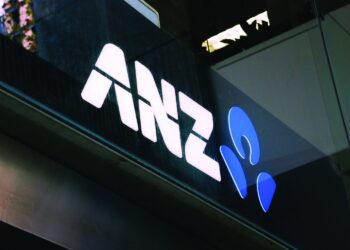Speaking to InvestorDaily, CFM partner Philippe Jordan said ISD began trading in January 2014 with $57 million in partner money.
“Right now we are engineered and geared to manage up to $10 billion, as [the fund] exists today,” he said.
ISD is a quantitative systematic trading program that utilises strategies such as long-term trend following, and is targeted at superannuation funds that are constrained from investing in more complex hedge fund strategies, he said.
“[Super funds] are looking for strategies in which they have transparency, an efficient price point in terms of fees, and a [low] level of complexity,” said Mr Jordan.
ISD also has low levels of correlation to ‘existing betas’ such as equities and bonds, he added.
“The strategies [within the fund] have equal relation with one another, so you get a portfolio effect where the sum of parts is greater than the individual strategies,” said Mr Jordan.
“Every individual strategy is run at constant risk of 10 per cent volatility per annum. The correlations between these strategies are low – that means that in aggregate the volatility per annum drops to six per cent,” he said.
Investors can choose a volatility of six per cent, 10 per cent or 15 per cent – and the CFM will be “satisfied” with a Sharpe ratio of 0.8 over the long term, said Mr Jordan.
ISD also has a one per cent management fee and a 10 per cent incentive fee, he said – half the traditional ‘two and 20’ fee model for hedge funds.
While ISD has a limited number of strategies at the moment, the approach is not “static, said Mr Jordan.
“We will probably develop other strategies that have these characteristics in the credit space, in credit default swaps, in convertible arbitrage and perhaps merger arbitrage,” he said.
“ISD is a natural evolution for CFM. Built using our existing quantitative expertise and technology, it allows us to address strong investor demand,” said Mr Jordan.
“Our current programmes Discus and Stratus are capacity constrained, so this is an opportunity to build a business of significant scale at attractive incremental cost,” he said.
“We are convinced our scientific, IT-driven approach represents the future of asset management and are delighted to take our approach to a more mainstream investor base,”said Mr Jordan.
CFM was established in 1991 and has $5 billion in funds under management. The hedge fund has 140 employees in Paris, New York, Tokyo and London.







